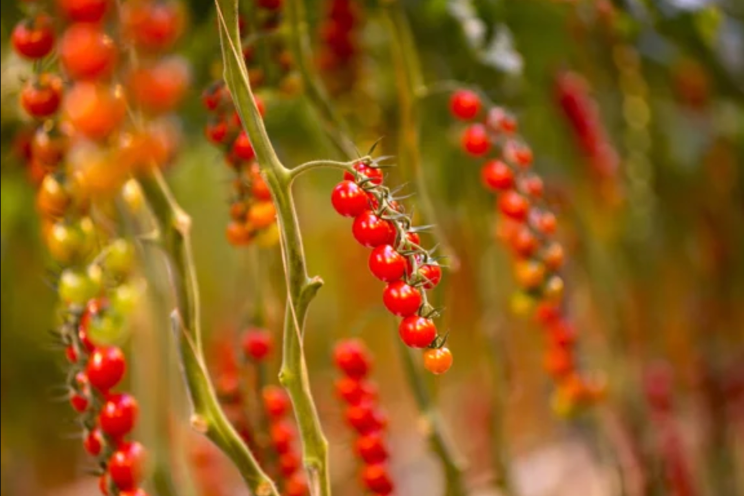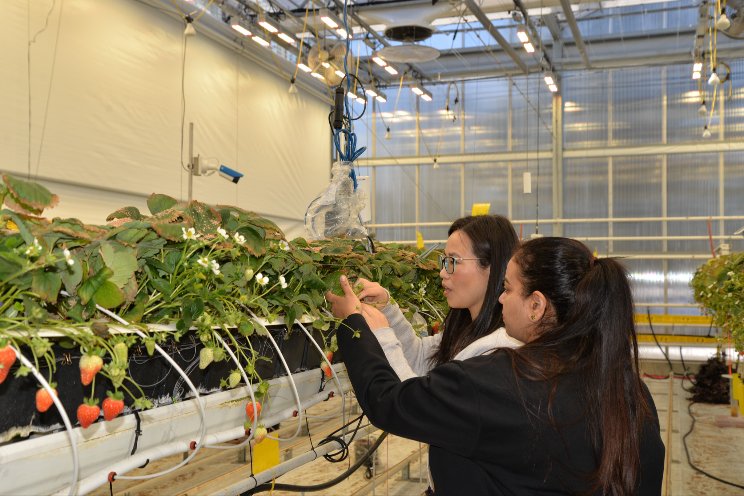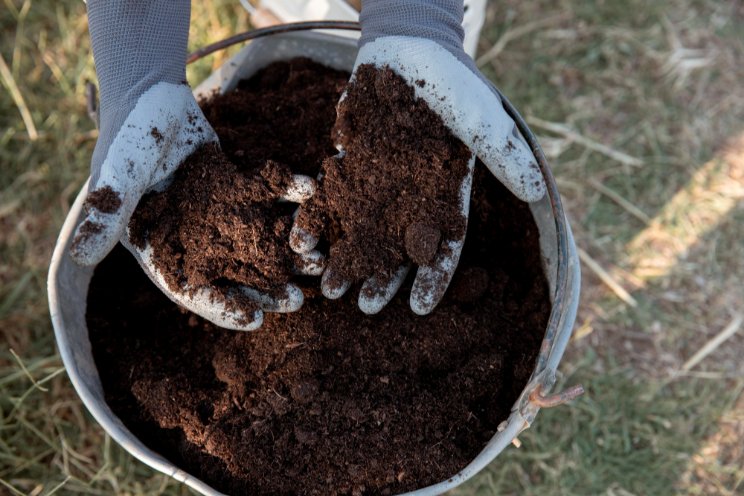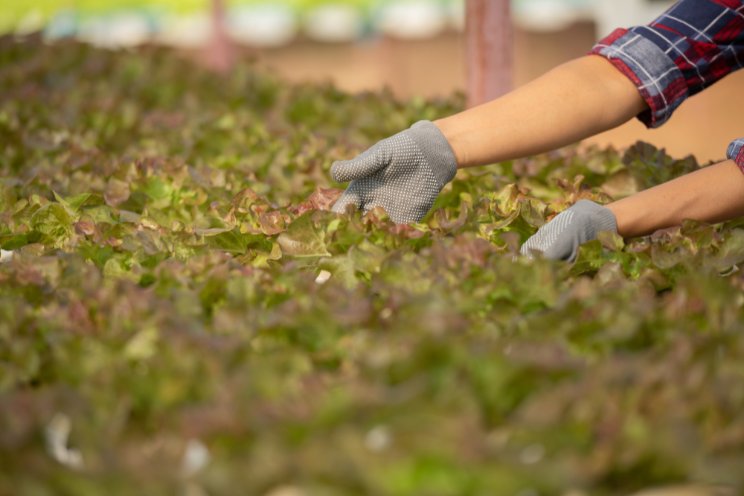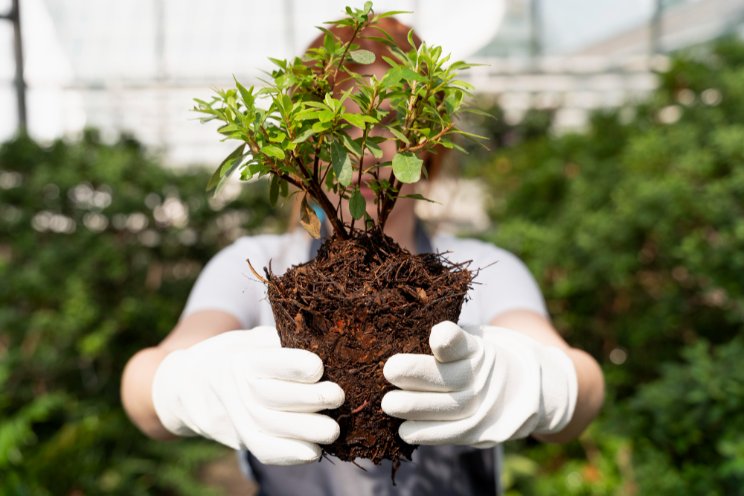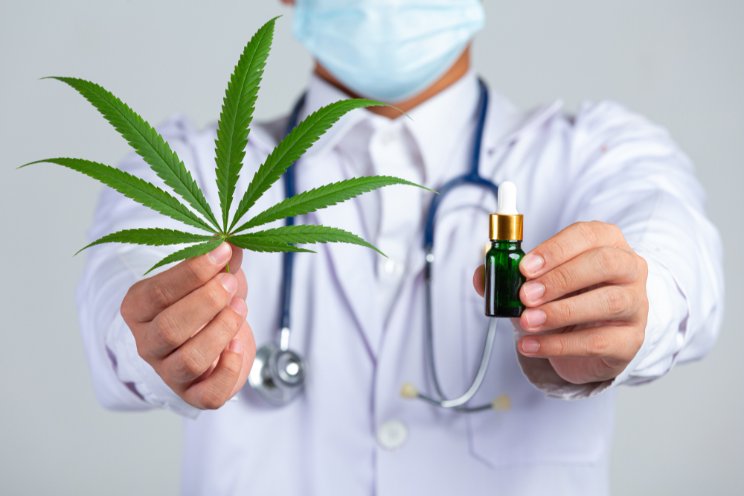Biopesticides: Industry merging through challenges
Added on 27 February 2020
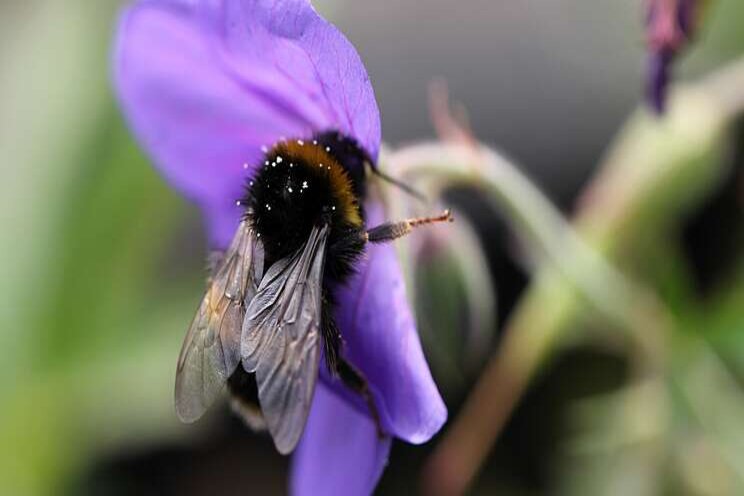
Pheromone
Insect pheromone products are mainly used for pest prediction, trapping, mating interference, etc. Such products have the advantages of specific target, labor saving and no harm to bees, other wild animals, plants or human. They are mainly used in agriculture for insect pests such as Spodoptera exigua, Spodoptera litura, Helicoverpa armigera and corn borer. In 2019, when fall armyworm broke out in many countries, pheromone combined with chemical pesticides played an important role in control of such pest.
In 2019, acquisition, fund-raising and obtaining new product registration were the most important growth strategies for players in the industry. In April, Koppert Biological Systems acquired Oecos, which developed pheromones and other products. In June, Fall Army-Lure, sex pheromone introduced by Keyun Biocontrol, received emergency registration in Bangladesh to suppress fall armyworm on corn. After announcing the successful production of the fall armyworm pheromone at ton scale, Provivi stated in October that they had raised $85 million to support the company's introduction of pheromone products in the future.
Pheromones provide an effective, environment-friendly approach for pest control, but such products were expensive in the past. Researchers are developing a new pheromone synthesis technology in the EU's "OLEFINE" project, partnered with the Fraunhofer Institute for Building Physics, to reduce the production cost. The research team applied biotechnology to produce pheromones with metabolism of yeast cells under specific conditions. The field test for the biotechnologically manufactured pheromones is expected to be conducted in 2020, and the obtained data will be used for analyzing the impact of pheromones on environment and pests, as well as for cost analysis. Researchers believe that the cost-effectiveness of this technology will be much better than that of chemical production.
According to MarketsandMarkets, the global pheromone market in agriculture is expected to reach $2.4 billion in 2019 and could rise to $5.7 billion by 2025. With decreasing pheromone production cost, such market will develop even faster in the future.
Bee-delivery system
The delivery of biopesticide by bees has been applied by American growers since 2019. Bees carrying biopesticide can deliver the product on crops during pollination, and effectively control pests. Commercially reared bees are used to pollinate crops, especially for many greenhouse crops, and now, the bee-delivery system gives bees dual roles and helps growers reduce the costs of chemical pesticides, water, fuel and labor.
The biopesticide used in bee-delivery system was developed by Bee Vectoring Technologies International Inc. (BVT). The patented Clonostachys rosea (CR-7) from the company was approved by the US EPA in 2019 for use as a fungicide on commercial crops. CR-7 is the first registered active ingredient of BVT and the first active ingredient approved by the EPA for application via bees. Vectorite™ containing CR-7 received OMRI organic certification in 2017. The product is applied to control significant crop-destroying diseases such as Sclerotinia, Botrytis, Monilinia, Anthracnose and Alternaria, and mitigate the risk of pathogen resistance to pesticides. The product is labeled for various high-value crops, e.g. strawberries, blueberries, sunflowers and almonds. Organic strawberry growers in Florida became the first users of Vectorite™ after it was approved.
The bee-delivery system works by having bumblebees walk through a specialist dispenser tray with Vectorite™ before leaving their hive and delivering spores of CR-7 to each plant they visit during their natural pollination. The technology can effectively control harmful organisms invading inside or around flowers with a specific target and thus largely reduce the use of pesticides compared with traditional spraying.
The process has been through extensive field tests over the last decade. Its natural biopesticide is harmless to bees, human beings and the environment, and can increase the yield and prolong the shelf life of produce. The introduction of this technology marks a groundbreaking shift in the way organic plant protection products are applied.
Bacteriophage
Bacteriophage-based pesticides can efficiently control targeted pathogenic bacteria on crops without causing adverse effects on harmless bacteria or plants. Bacteriophages have demonstrated high efficacy in resistance management. At present, there are several different bacteriophage-based pesticides on the market, such as Agriphage in the US, Erwiphage in Hungary and Biolyse in the UK.
The biggest challenge in developing bacteriophage-based pesticides is to find bacteriophage varieties that can kill specific harmful bacteria from hundreds of millions of natural bacteriophages, for which the industry is making tremendous efforts. For example, in 2019 Bayer Trendlines Ag Innovation Fund established EcoPhage, which will develop bacteriophage products to control crop diseases.
And new bacteriophage-based products have entered the market in 2019. For example, Certis USA introduced AgriPhage™ Citrus Canker in the US to control citrus canker. This product can be used for organic production and can also be tank-mixed with several commonly used fungicides, liquid fertilizers, herbicides and insecticides. In addition, Certis USA also introduced AgriPhage™-Fire Blight, the only bacteriophage product in the industry to control fire blight. The product was used on apples and pears in Washington, New York, Pennsylvania and Michigan during the 2019 growing season, helping fight increasing fire blight resistance to conventional controls.
Bacteriophage-based pesticides are important supplements for farmers to combat tough-to-control bacterial diseases. The Journal Molecular Plant Pathology listed the top 10 plant pathogens such as Pseudomonas syringae, Ralstonia solanacearum, Xanthomonas spp. and Erwinia amylovora, which may be controlled by certain bacteriophage varieties. Due to the lack of chemical control options and antibiotic resistance, developing and marketing bacteriophage-based products attracts investment from global companies in the crop protection industry.
Click here for more information.
Photo by Sandy Millar on Unsplash
Source: Ag News
More news
